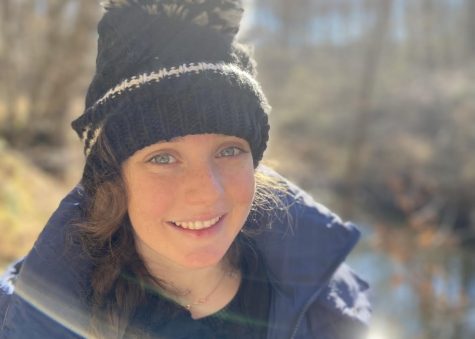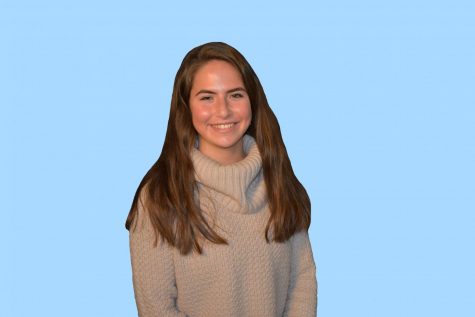Whiteboards shooting up, discussion clamoring and competition raging, juniors in English III teacher Erin Fluchel’s class play a Trivia Crack-inspired game coded by senior Ronik Bhaskar to discuss chapters five and six of the “The Great Gatsby” in classic game show fashion.
Fluchel wanted to find a unique way for students to get engaged in discussing the book. Inspired by the resurging popularity of the mobile game Trivia Crack, she asked Bhaskar, her student aide, to create a “Great Gatsby” themed version using code.
“As student aide, I had the really exciting job of trying to put [the project] together,” Bhaskar said. “I used it as an opportunity to learn. While the time frame was very short, I was still able to make discoveries and learn new concepts that I hope to apply down the road. Having a finished product was nice, but the journey to get there was much more fascinating. [Programming is] just fun, it’s not something that I do because I feel like it’s necessary. I do it because I want to–and if it is necessary, that’s a side effect.”
Bhaskar created the game in two days using the increasingly popular programming language Python.
“I made a program that collected all of the [students’] questions from the Google Form, and then put them into a data list,” Bhaskar said. “Every time you would click for the next question, it would pick a random category, choose a question from that category and ask it to the class. Then, based on what the [students’] answers were, Fluchel would check it, give the correct amount of points and then keep going.”
Junior Maddy Truka believes the game made her take a deeper look at “The Great Gatsby.”
“I thought it was cool that [the game] was student-created, I thought it was creative,” Truka said. “I think [the game] made me think more about what I read, look back and try to remember and think more critically about the words.”
Having learned Java in AP Computer Science last year, Bhaskar decided to learn Python on his own last summer. Since then, he has had the opportunity to create projects both in and out of school.
“Recently, three others [and I] worked on a really big project and presented it to the class after two months of development,” Bhaskar said. “When I was trying to learn the basics of programming, I designed a lot of video games. They were really fun to work on, and that’s how I spent my last spring break.”
Bhaskar also helped librarian Lauren Reusch code Spheros for an Honors English 2 “Lord of the Flies” project earlier this year. Despite his current enthusiasm for computer science, Bhaskar initially did not see himself getting into the field.
“Admittedly, I wasn’t into programming; it seemed very unreachable. It seemed very secretive, almost like you couldn’t [program] unless you knew everything about it to begin with,” Bhaskar said. “I was afraid to start, but then I took AP Computer Science. I realized that if you can speak English and you can do basic arithmetic, you can program. That’s all you need.”
Planning to study computer science in college, Bhaskar’s love of learning motivates him to continue programming.
“Anything that I do, I do to learn, whether it’s applying the skills that I already have, learning new ones or teaching others. It’s all to learn more about the subjects that I care about. That’s how I approach pretty much everything that I do, whether it be competing in debate tournaments, writing these programs or being in school,” Bhaskar said. “Everyone has some motivator, something that they need to keep doing. Otherwise, they’re going to go crazy. For me, I realized that if I wasn’t learning, then I wasn’t enjoying what I was doing, so I have to be learning constantly.”

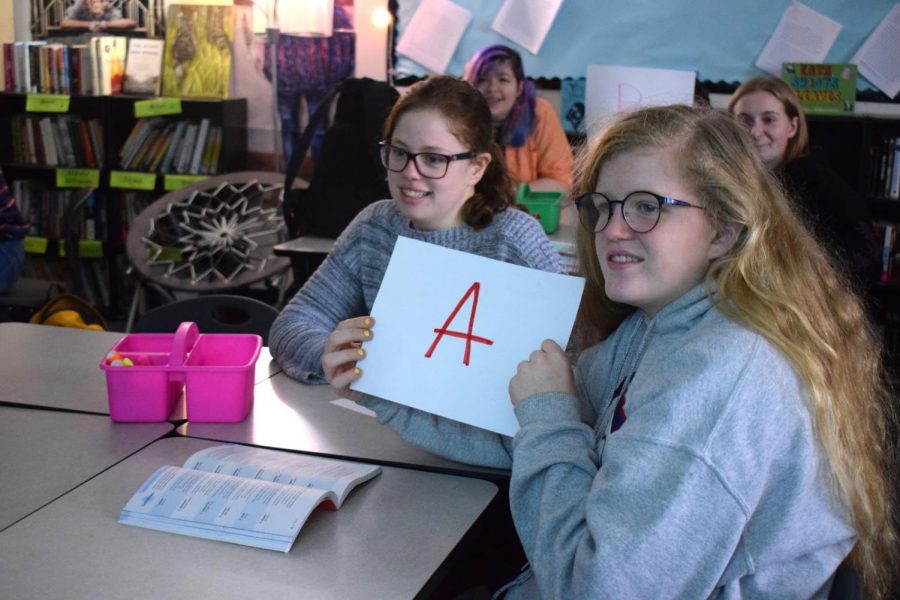

![Sophomore Aleix Pi de Cabanyes Navarro (left) finishes up a soccer game while junior Ava Muench (right) warms up for cross country practice. The two came to Parkway West High School as exchange students for the 2025-2026 school year. “The goal for the [exchange] program is to provide opportunities for both Parkway students and our international exchange students to learn about other cultures, build connections and become confident, capable, curious and caring — Parkway’s Four C’s — in the process,” Exchange Program Lead Lauren Farrelly said.](https://pwestpathfinder.com/wp-content/uploads/2025/10/Feature-Photo-1200x800.png)

![Gazing across the stage, sophomore Alexis Monteleone performs in the school theater. The Monteleone family’s band “Monte and the Machine” has been releasing music since 2012, but Alexis started her own solo career in 2024 with the release of her first single, Crying Skies. “My whole family is very musical, [and I especially] love writing [songs with them],” Monteleone said.](https://pwestpathfinder.com/wp-content/uploads/2025/09/DSC7463-1200x798.jpg)
![Amid teaching a lesson to her AP Calculus BC class, Kristin Judd jokes alongside her students in their funny remarks. Judd has always enjoyed keeping the mood light in her classroom, along with on the volleyball court. “[I enjoy] that side talk where you see [or] overhear a conversation and chime in, or somebody says something funny,” Judd said.](https://pwestpathfinder.com/wp-content/uploads/2025/09/image-1200x730.jpg)
![Eyeing the ball, junior Ella McNeal poses for her commitment pictures at Clemson University. McNeal’s commitment comes after months of contact with top Division 1 soccer programs. “ It has taken a lot to get to where I am, but I know that [what] I've already been through is just the beginning, and I can't wait for what is to come,” McNeal said.](https://pwestpathfinder.com/wp-content/uploads/2025/09/IMG_4926-1200x900.jpeg)

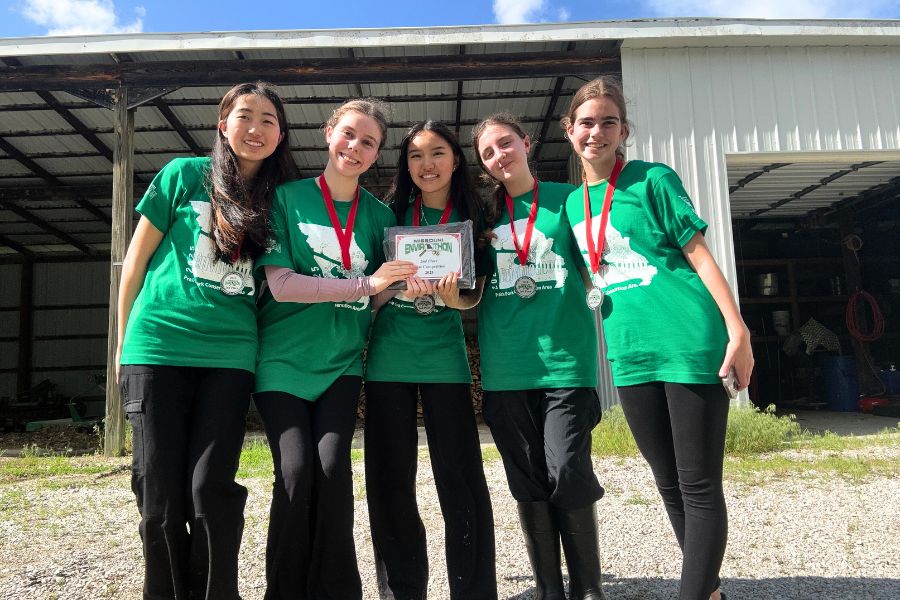
![Senior Adam Zerega stands with senior Dexter Brooks by farm equipment. Zerega often worked with friends and family on his farm. “I've been able to go to my family's farm since I was born. I [spend] at least three weekends a month [on the farm], so I'm there all the time,” Zerega said.](https://pwestpathfinder.com/wp-content/uploads/2025/04/IMG_4872-1200x900.jpg)
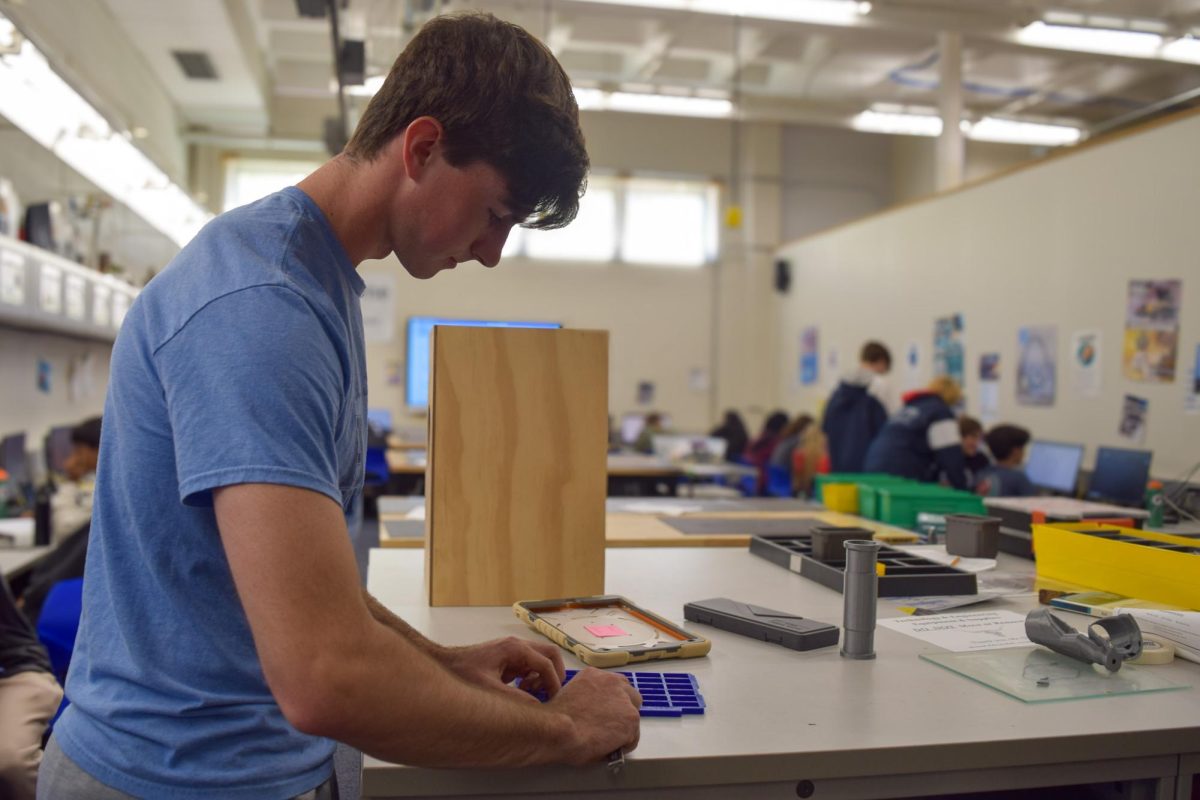
![Phage grown by senior Rio Naghibi Harat sit in petri dishes. Through Webster University, Naghibi Harat was given the opportunity to develop phage as a potential remedy for tuberculosis. “Phage are everywhere. I got mine from a soil sample. I'm not kidding; I picked [it] up from dirt. They're harmless, unless you code them to do something, and they can evolve. Virus antibiotics can't. They're one solid molecule. A strain of this bacteria [can evolve] that is resistant to [a] particular drug, [but] phage will evolve with the bacteria. They can see the changes, and they can be the change,” Naghibi Harat said.](https://pwestpathfinder.com/wp-content/uploads/2025/04/Flag-2.png)
